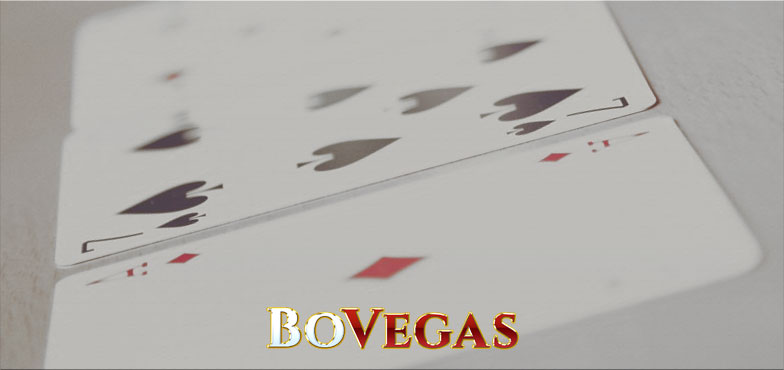



Because the relative strength of the hand you’re playing is so dependent on your position, it is quite obvious that you should be playing the strongest hands possible when you choose to play from the worst possible positions on the poker table.
Let’s see which types of poker hands you should bet with if you enter the pot in the early position. As we mentioned earlier, the problem with entering a pot from the early position is that other players have much more information than you do.
Obviously, you know what cards you’re holding. But you don’t have the slightest idea about the hands of your opponents. So, before you opt to put money into the pot, with six or seven players left to act behind you, you should be confident that your hand is strong enough, that you would call a raise with it if someone had raised in front of you, or if your hand is strong enough that you could re-raise with it for value.
Ideally, we’re looking to play only premium and very solid hands; like pairs that are above Sevens, Ace-King and Ace-Queen, and, perhaps, a stack suited, when we’re in the early position. What’s more: we should be willing to play these hands for a raise when we finally enter the pot. Raising in early poker position accomplishes three things.
In the earliest stages of the tournament, when your opponents tend to be playing looser, you really shouldn’t be playing anything more than the strongest range of these hands in early position. As the tournament moves on, and your opponents become more likely to fold before the flop, then you can open up your range. Just remember though: the worse your starting hand, the harder you have to connect with the flop in order to win, and the more likely that you will have to bluff in order to win that pot.

Betting on widely debated things like who is going to win the next presidential race seems like a pretty obvious gambling option. Yet, until recent years, avid bettors seem to have underestimated the value of political betting. So, why do people find it normal to argue zealously and wager money about which team is going […]
If you want to learn how to become a better player in blackjack and you’ve just started searching the web, you may be surprised to see that there are tons of learning materials and resources out there – perhaps many more than you first expected. But the sheer multitude of sources of all kinds out […]
Because the gambling industry is connected to money, it will always be discussed in the framework of morality. Especially now that online betting is on the rise, ethical issues rise to the forefront. While many people ask themselves: “Is gambling a sin?”, they tend to confuse addictive behavior or particular unfairness with casino entertainment in […]
Leonardo DiCaprio bluffing against a Russian mobster. Looks like a movie scene? Wrong. It’s a common situation in Molly’s game room. Unfortunately, it no longer exists but what a life it was! Why do Hollywood movies happen IRL, why did a perfect plan fall apart and, most importantly, why should you never do things like […]
If you love gambling and have been to a land-based casino at least once, you may have thought about becoming a dealer. Playing the same game but from the opposite side, while communicating with other players, sounds like a dream job, right? A dealer is a straightforward job, and you will be the heart and […]
On Monday September 14, MGM announced that it plans to open its first smoke-free casino at the end of September, when Park MGM will finally reopen its venues to players and tourists. The resort comprises around 2,990 rooms and various restaurants, and it’s set to be reopened on September 30. The venue has been closed […]
Online gambling has undoubtedly taken a place of true supremacy over the casino industry during the pandemic. And the reason for that is quite clear: online casinos are more accessible, and you can always count on some encouragement from the casino administration to help you boost your game. However, this digital revolution has only been […]
The large selection of online gambling sites out there can make players somewhat puzzled, and give them a feeling of uncertainty about making the right choice of casino. Each online gambling venue offers its own conditions, games, and various bonuses, of course; but the most important thing is the reliability of the casino and the […]